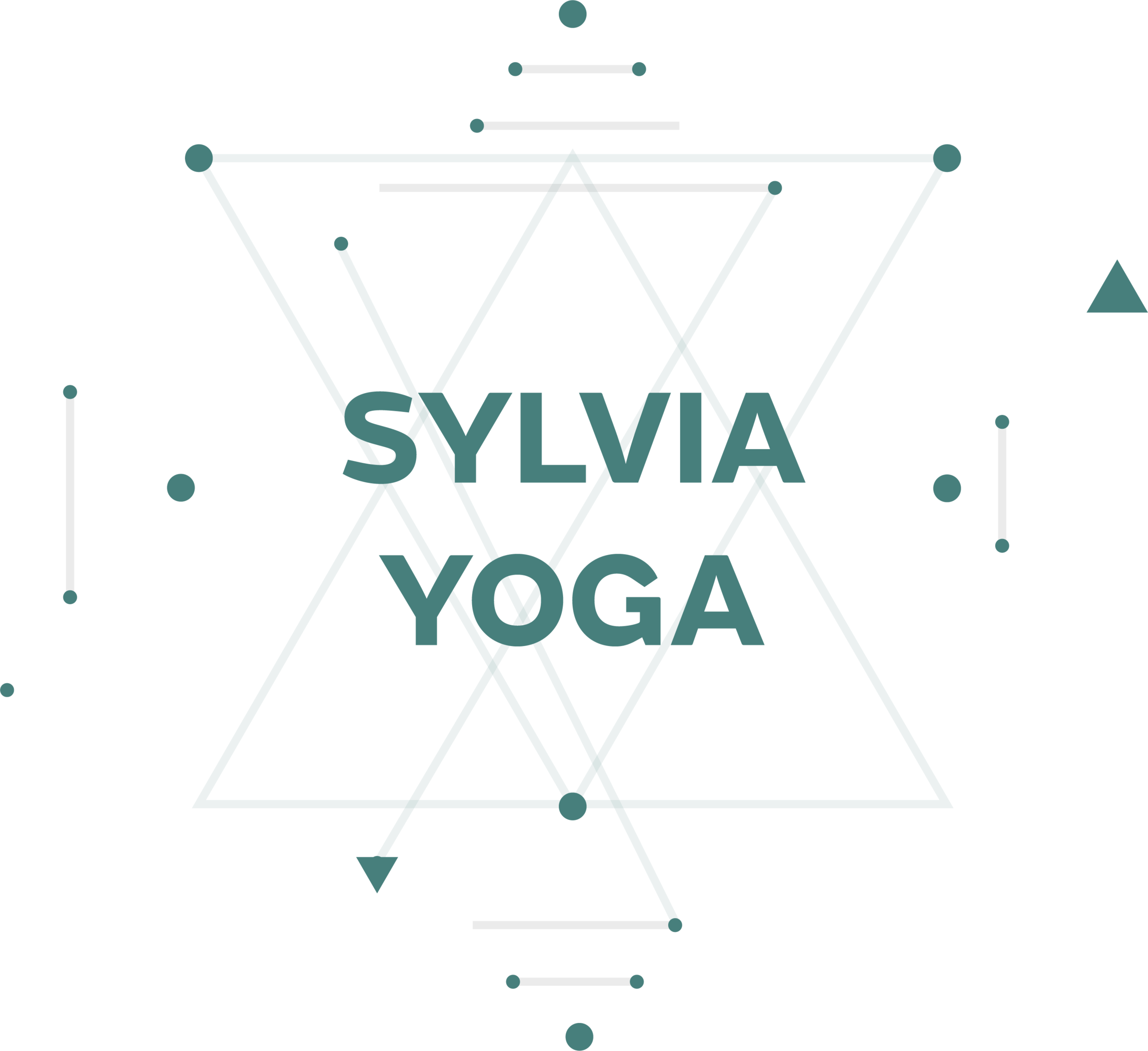Can it all really be about just one second?
Recent research from Harvard (HBR, Jan 2017) suggests that our ability to make wise choices in life in the face of events presented to us lies in the one single second between stimulus and response. Without awareness we simply react, often to our own detriment. With awareness we can pause, and in that tiny split second we can choose a reaction that we are far less likely to regret. Just one second, imagine that the quality of all of our experiences, our relationships and our decisions can hinge right there.
Of course, finding the one second pause is where the skill lies. And like any skill in life this requires practice. Thankfully there is an easy way to find that ability, we simply shift our thoughts from the reaction of the ego-driven mind to innate wisdom we access when we notice our bodies. And the simplest way for us to notice is the body is to notice the breath. Try it now, take one slow deep breath with your full attention on the sensation of breath. The reactive mind switches off, it’s just not possible for us to think of both. (Wax, 2016) Try it again and this time see if you can keep your awareness on your inhale, on the sensation of breath entering the body all the way through to the very end, to the point of absolute full inhalation. Don’t go part way there, don’t switch off or get bored half way through noticing the breath, go all the way to the very end.
Once we have learnt this skill it’s very easy for us to refine it. Just randomly during your day you can practice turning your attention to your breath for one, two, maybe three breaths. The great thing about this practice is it’s quite pleasant, the very practice itself yields automatic results. In fact research shows that short periods of mindfulness, practiced in this way, is a really effective way to keep this skill sharp and at hand for us to access any time. (Davidson, 2014) Without much effort at all, this practice can come naturally to us after a while.
However, and here’s the nub, developing the skill requires a committed, consistent practice, ideally ten minutes each and every day. We need to cultivate the ability to turn our attention, again and again and again, away from our impulse-driven, wandering, sometime crazy, minds to our breath, our bodies and the innate wisdom we posses when we are calm, grounded and in control. We call this practice our meditation practice. A little like the moments of mindfulness we learn to build naturally into our lives, the very practice of meditation can be a pleasant one and one that yields immediate results. It can, however, also be painful, boring and seemingly impossible at times and that’s why so many of us don’t bother or we give up. There is help available, plenty of it, books, courses, guides, counsellors and teachers. If you need help, seek it, it’s worth it.
A little while in to your practice you’ll find there is a tipping point, a point when one day to say yourself, I’m getting ‘it’. I’m finding, and enjoying, tiny moments of calm, of contentment. These moments arise during the ten minute daily practice, they linger around afterwards. You may find you’re sleeping better, smiling a little more frequently, feeling less rushed, or hassled. Then you find yourself naturally accessing little moments of mindfulness practice in the course of your day. You are struck by the beauty of nature, you engage in an exchange with someone and immerse yourself fully in this person in an shared moment of joy. You notice yourself getting het up in the face of an unexpected delay or an unpleasant encounter and you pause and you notice your breath and you find a second of calm. Just one second, that’s all it takes and the intensity of the situation diffuses and you find yourself detaching from that hasty, impulsive ego-driven mind and guided by your calmer, intuitive mind.
Ten minutes, three breaths, one second. Bite size chunks in life. People and apps and books that can help us. It’s accessible to all of us, we just have to have intention, commitment, patience and faith. Maybe try that one breath again and then see what you can do to make your daily meditation practice your reality.
“Between stimulus and response there is a space. In that space lies our power to choose our response. In our response lies our growth and our freedom.” Victor Frankl.
Harvard Business Review Jan 18, 2017
Ruby Wax, 2016, A Mindfulness Guide for the Frazzled.
Prof. Riche Davidson, Mindfulness Magazine, August 2014
Victor Frankl. “Man’s search for Meaning”.
Sylvia teaches live online yoga twice a week and monthly online workshops. You can find out more on the events and workshops page or sign up for her newsletter on her home page. Pre-recorded classes are available to you any time, you purchase once and own forever. If you’re new to Sylvia or back to yoga after a break we suggest Hatha Yoga to start. Bundles include the Zen Collection, a variety of classes for every mood, and the Daily Collection, five half-hour daily practices. Please inquire about virtual Mindfulness in the workplace. We remain very hopeful for a return to outdoor yoga in Spring Summer ’21. Join us!
